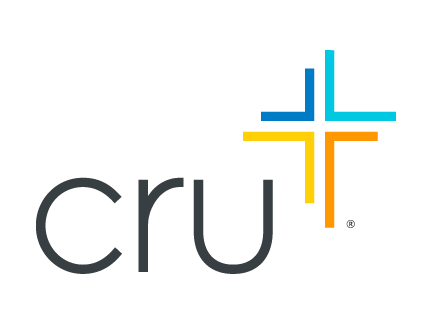If you are preparing to graduate, are in the process of moving, or have recently started a job right out of college, the transition can be exciting and, at the same, disorienting.
It’s similar to going from a greenhouse to a wild field. Both ecosystems have beauty and difficulty.
The Greenhouse represents whatever structure you have left or will be leaving.

What’s true of the Greenhouse?
- Warmer & Safer (externals more controlled)
- Structured for maximum growth
- Predictable customized environment designed to serve your needs
- Cultivators (mentors) present
- Limited possibilities
- Harder to get lost
- Shared resources
- More Static
The Wild Field represents the new environment you are currently or will be navigating.

What’s true of the Wild Field?
- Exposed & Vulnerable to elements
- Unstructured but still growing
- Unpredictable diverse environment that may be indifferent to your needs
- Cultivators (mentors) to be found
- Limitless possibilities
- Easier to become lost & disoriented
- Competition for resources
- Always Changing
In light of these different ecosystems, here are 8 practices that can guide you in a time of transition.
- Seek Community/Resist Isolation: Transition can be a time of extreme vulnerability. You’ve left support structures and now you’re exposed to the elements. Don’t be surprised if old sin patterns and temptations wreak havoc. Community will take time to find and create. Be patient and don’t give up. It will require more energy and time to develop than you think.
- Create Structure for growth (drift vs. design): We don’t drift into discipleship. Live with intention and be proactive in creating new rhythms of life during this season. Design your life in such a way that you’re not being formed as much by your environment, but rather, because of the life-giving structures you create, God continues to form you into his likeness and image, enabling you to be faithfully present.
- Embrace failure and learn from adversity: Be kind and compassionate to yourself. Life is about prototyping through our failures and they can represent our best learning moments. Fail fast and fail cheap if you can. And celebrate that you are learning more about yourself with each new step.
- Take ownership for growth by finding mentors: Transition can be disorienting. Find a couple of people who can walk with you during this time whether in person or virtually. It could be a peer, a mentor, or a family member.
- Pursue your dreams: Faith is taking the risk of living even with the doubts you have. Don’t allow fear of the unknown to paralyze you. It’s easy to swap certainty for faith. It’s normal to have doubts, but don’t let it keep you from moving to a new city, from accepting that job, from ending that relationship, to starting that relationship, to starting that business, etc.
- Discover who God has made you to be: Research shows that only 27% of graduates know their career path or life contribution by the time they graduate. Vocation is more often formed, rather than found, and is based on hearing, discerning and obeying the voice of God as you discover your strengths and gifts. The best first step is to go out into the world and try things. This gives God and you something to work with.
- Seek the flourishing of others in love: It can be a cruel and unforgiving world. Stick to your values. Treat others as you would want to be treated. And even when others betray or disappoint, forgive. Everyone is made in the image of God whether they acknowledge it or not.
- Trust God and lean into the adventure: Some of the richest times in your life can be during transition. This won’t be the last one. Don’t miss what God has for you. Very often, God is doing things in real time through a dynamic process. Embrace the idea of way-finding (one step at a time) vs. navigation. You can’t engineer your life forward. Life is not a problem to be solved, but an adventure to be explored.
In Flux: Preparation for Life Beyond Campus

In Flux is a 5-week series designed to help those graduating step into their next season of life and mission with greater clarity and purpose. All content (two bite-sized session per week) is self-guided and digitally accessible via an app called Gnowbe. Groups can be led using a simple facilitators guide or participants can guide themselves. Topics covered include vocational calling, theology of work, engaging with culture and creating community.
“I have been using the In Flux material with graduating seniors and find it incredibly helpful. The topics and flow of the program meets students where they are at as they consider their future. Being able to think about things like engaging in culture, community, the workplace from a spiritual and theological perspective is eye-opening for students. The material gives them new ways to engage in spiritual formation and overall provides wonderfully rich conversations. I recommend this for any campus staff who is looking for material to help prepare seniors for their next steps!”
Stephanie Sauter – Oregon State University
To use In Flux on your phone, download an app called Gnowbe.
Or just start below.
